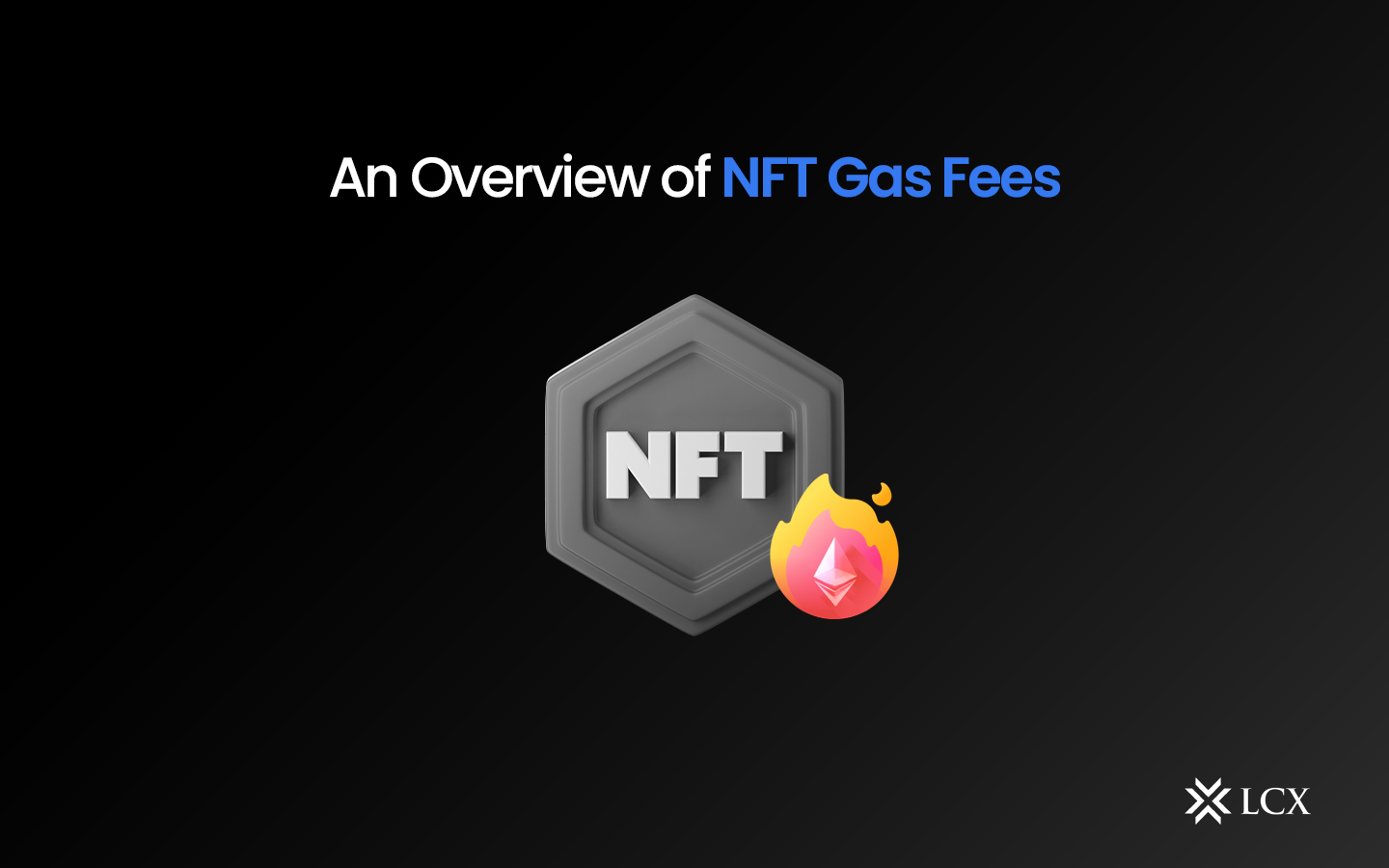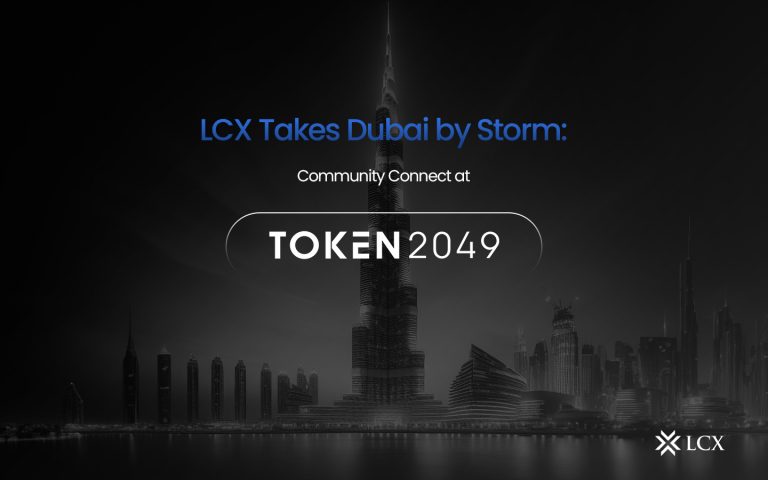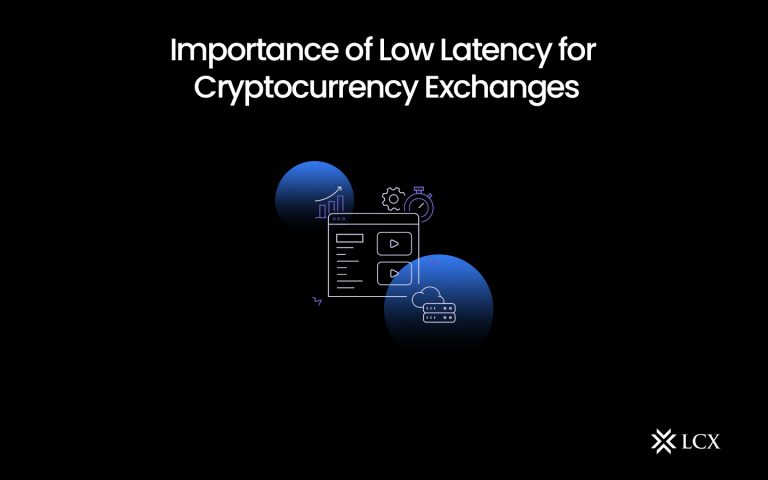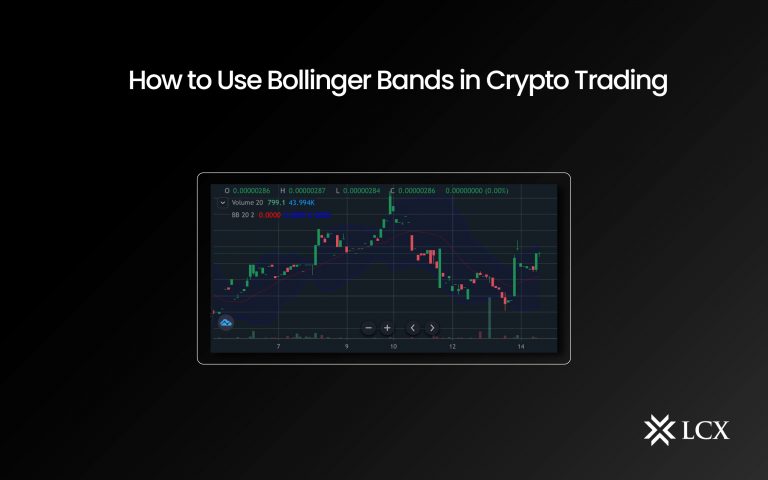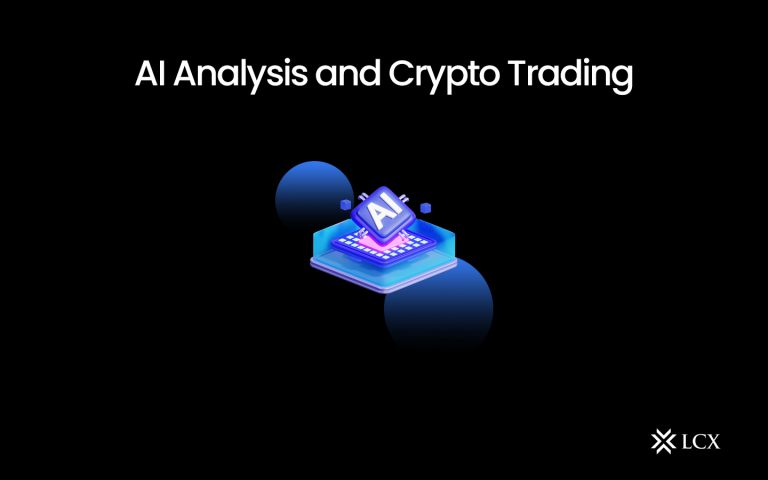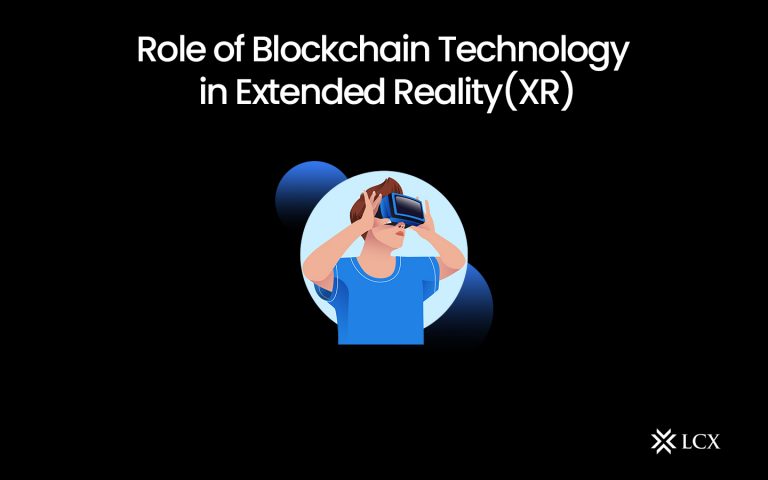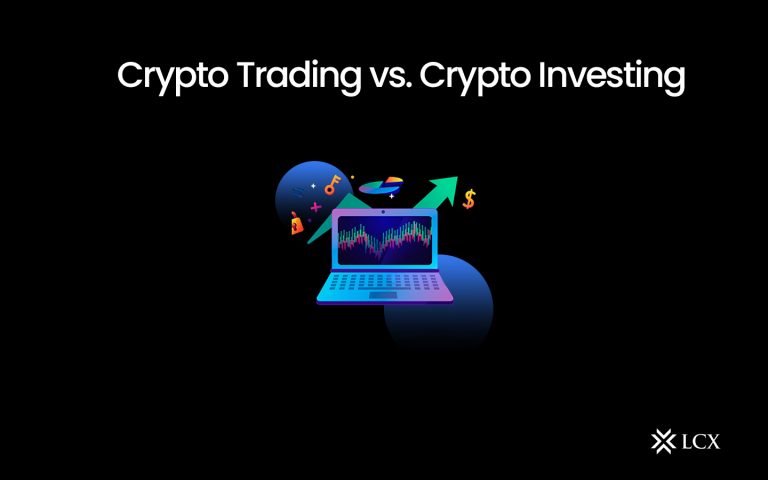NFTs, like all other blockchain transactions, must pay a transaction fee to miners in order to be processed. These NFT gas fees are costs that are typically referred to as “gas fees” and are paid in cryptocurrencies. For beginners to the NFT industry, gas expenses can be challenging to understand. For example, “why are gas fees typically computed in Gwei?” Why are gas fees on one blockchain network substantially more expensive than on others?
These are all issues that frequently arise in the minds of beginners.
What Is the NFT Gas Fee?
NFT gas is a price charged to auditors to maintain the security of the blockchain.
Without fuel fees, validators would have no motivation to stake their ETH and safeguard the network. All blockchain transactions, including the minting, buying, selling, and transfer of NFTs and cryptocurrencies, incur a gas fee.
Users must pay gas costs to compensate individuals that stake ETH to become validators and validate transactions on a blockchain. This is comparable to the processing fees that credit cards may assess for transferring funds between accounts or paying bills.
NFT gas fees are most frequently cited when discussing the Ethereum blockchain.
Presently, the Ethereum blockchain has some of the most costly fuel fees, ranging from $1 to $1000 or more, based on the kind of trade and the blockchain’s popularity.
Ethereum uses a settlement process known as proof of stake (PoS). With this technique, validators stake ETH into an Ethereum smart contract in order to become validators and guarantee the network’s security.
How Is the Gas Fee for an NFT Calculated?
After the EIP-1559 London upgrade, gas fee calculations have become simpler.
You would only require knowledge of the current base NFT gas fees, the priority fee, and the quantity of gas consumed.
The equation looks like this:
Gas fees = gas limit x (base fee + priority fee).
The maximum number of gas units (in gwei) for which you agree to pay.
The maximum number of gas units (in gwei) for which you agree to pay.
Basic fee: The fee established by the blockchain network.
Priority fee: the incentive for miners/validators to give your transaction preference over others.
The majority of blockchain networks use Gwei to quantify gas fees, which you may think of as coins to ETH dollars.
Every Ethereum network transaction costs gas. In the Ethereum network, gas has been granted a market price based on the demand for network resources at a given time. All of that is used to make sure the network is efficient and that the most processing power is utilized.
The primary factors for determining gas expenses will be the quantity of the deal you are attempting to execute and the urgency with which you wish to accomplish the transaction. When a network’s traffic increases, transactions will become more expensive. These costs are promptly credited to validators. This is to reward them for their work verifying and ensuring the success of your transaction.
NFTs involve a gas fee to stimulate blockchain authenticators to invest their ETH in verifying the transactions and maintaining security. Without any rewards, miners will not increase their processing power to execute smart contract activities. No one will do it voluntarily.
Fundamentally, gas costs are required to maintain the security and functionality of the blockchain. Without gas fees, no one would be prepared to authenticate and implement these transactions by putting their own ETH at risk.
How to Avoid High NFT Gas Fees?
Gas fees are often inevitable, but there are ways to reduce the expense. These techniques are not certain, but they are worth exploring:
Transact when network demand is low: Trade freely either very early in the morning or very late at night, when the network is less busy. Yet, this is based on your time zone. Using a tool such as Ethereum Gas Pricing to determine the optimal time of day to mine.
Setting the gas limit: By adjusting the maximum GWEI fee using your wallet, you can essentially determine the amount of your NFT gas fee, or the price you’re willing to pay. You can modify the GWEI limit at the time of transaction completion.
See the price of ETH: Don’t forget that gas fees are paid in ETH. If ETH is expensive, it will cost more. Observe market values on platforms that are often updated, such as CoinMarketCap.
Choosing a slower transaction speed: If you are willing to wait longer for a transaction to be processed, you can save some ETH by choosing a slow transaction over a speedy one.
Conclusion
However complex and inconvenient NFT gas fees may be, they remain an essential component of the blockchain that we cannot do without. But, as the NFT space becomes increasingly similar to the eCommerce world, we can only hope that gasless solutions will soon become popular and make the purchasing process for the average user a little less difficult.
